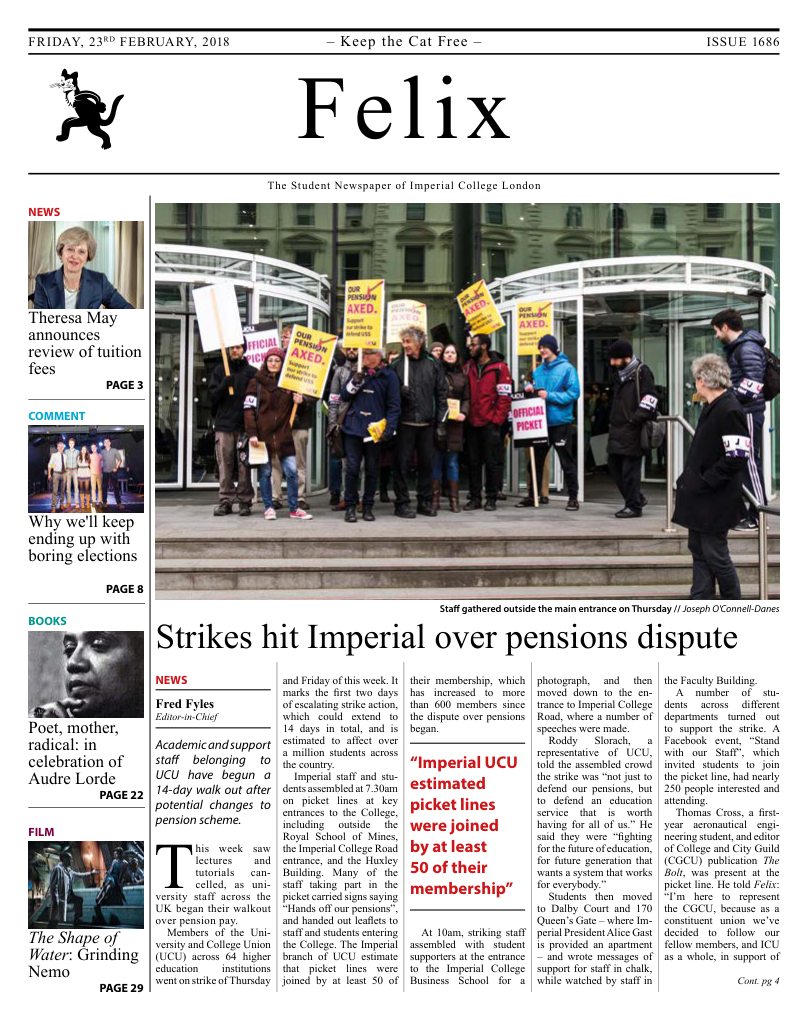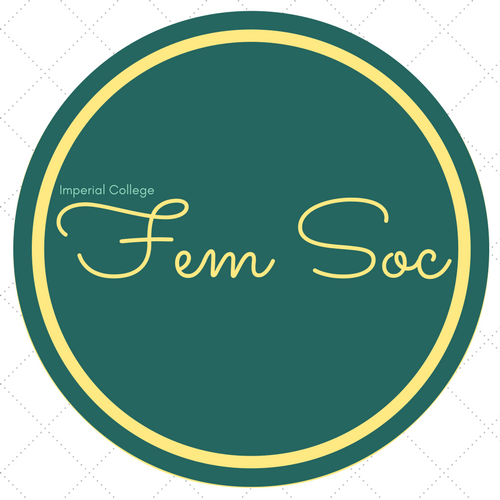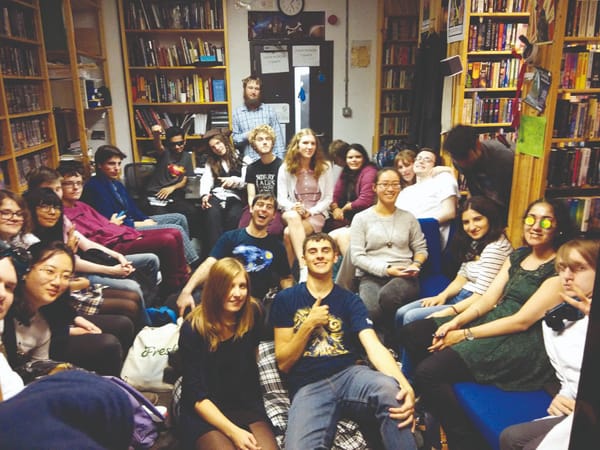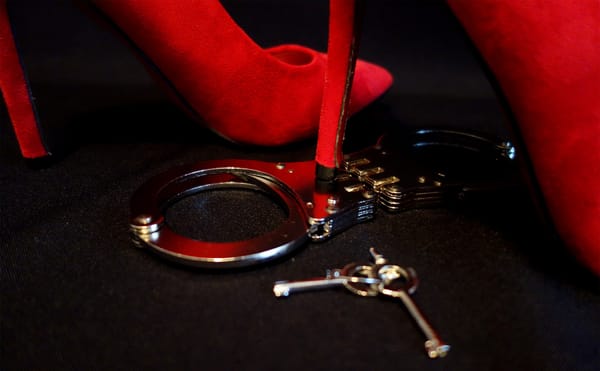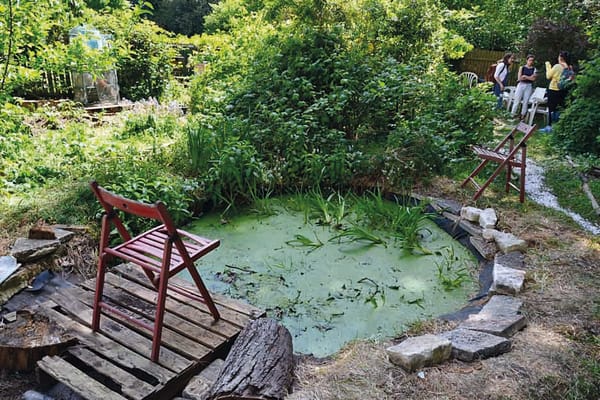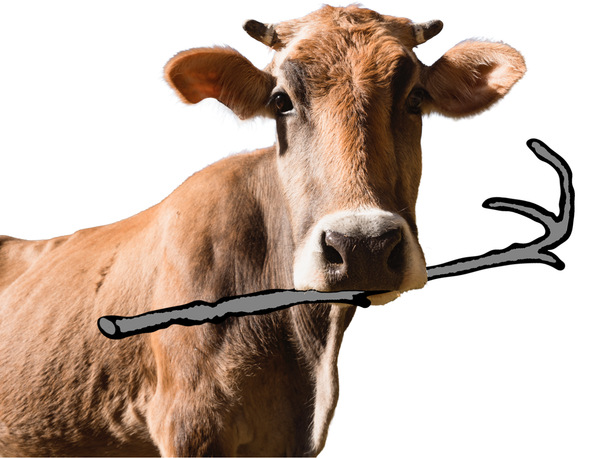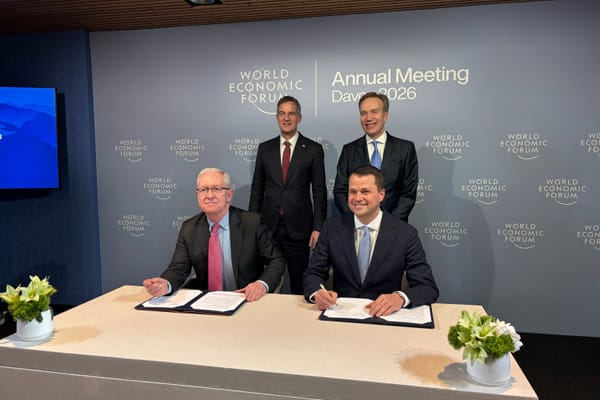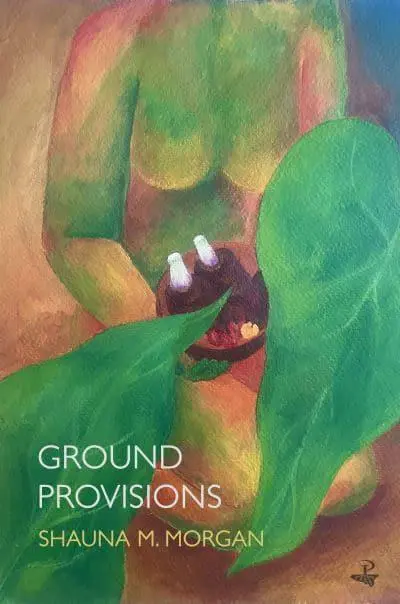Bangladeshi Society – Remembering our history

When most people think of Bangladesh, they think of “that small country next to India”. What most people don’t know is that Bangladesh is a country full of rich history and culture, despite only being 47-years-old this year. Initially it was recognised as ‘East Pakistan’ after the British rule ended, but the people of East Pakistan wanted independence. International Mother Language Day is officially held on the 21st of February. This is to recognise the 1952 language movement of Bangladesh, which involved the death of Bangladeshi University students for campaigning the right to speak Bengali. Bangladesh was founded in March 1971, after the Bangladeshi liberation war, or ‘Muktijuddho’. This saw the death of over 500,000 people, although nobody knows the exact number and Bangladesh Government figures suggest this number can be as high as three million.
As young British Bangladeshis, this tragic past serves as a constant reminder to appreciate our heritage. In honour of this, Imperial’s very own Bangladeshi Society have held a range of events to commemorate the wars. On the week starting 19th February, we held several stalls and exhibitions to educate other students on this history. As part of these stalls, we created a banner for students to personalise with their names in their own languages. This banner was then taken to Altab Ali park, on the 21st February, where Imperial was joined by Bangladeshi societies from other universities.
Everyone came together to pay respects to students who lost their lives for our language, and other fighters who fought for independence. Our final flagship event ‘Anupranito’, meaning ‘To Inspire’ was held as means to connect our extraordinary history to a future that holds a lot of potential. A range of Bengali speakers from various fields were brought in to discuss their success and inspire students both Bangladeshi and non-Bangladeshi alike.
Perhaps the most rewarding aspect of all the events, is that all proceedings will be donated to JAAGO, a charity that supports educational projects in Bangladesh while also providing opportunities for UK students to volunteer in Bangladesh.
We hope this week has been a chance for you to learn about the history of Bangladesh and not just “that small country next to India”. As for those of you who missed the exhibitions, stay tuned for more BanglaSoc events where you can learn all about Bangladesh and its amazing culture. Simran Mahmud

